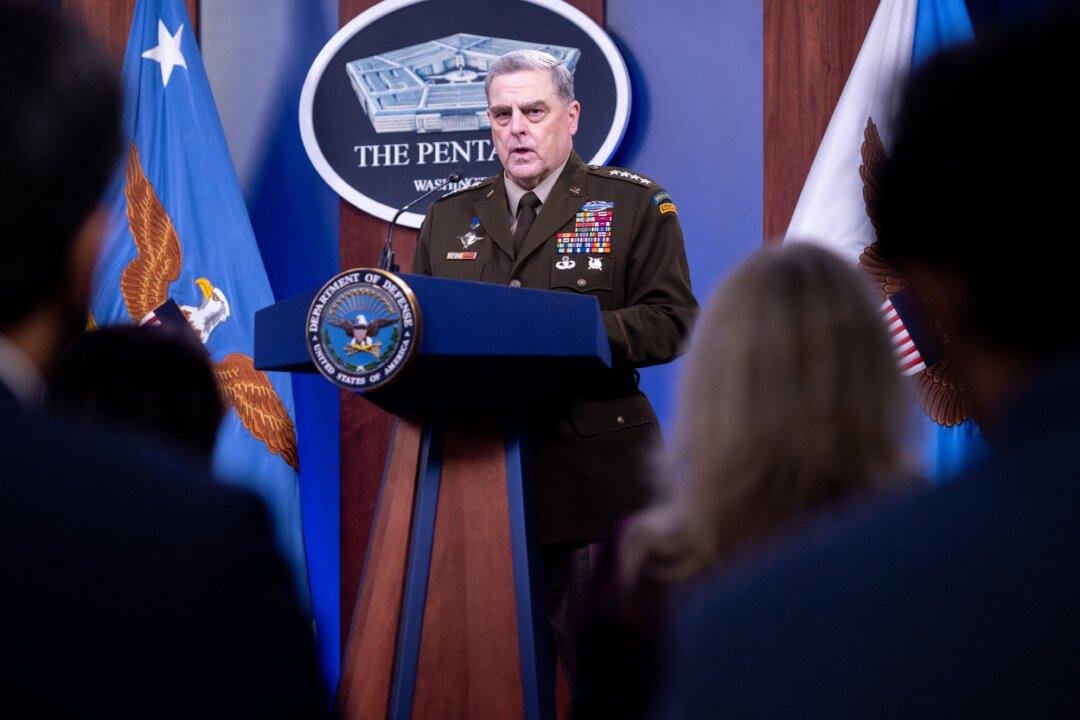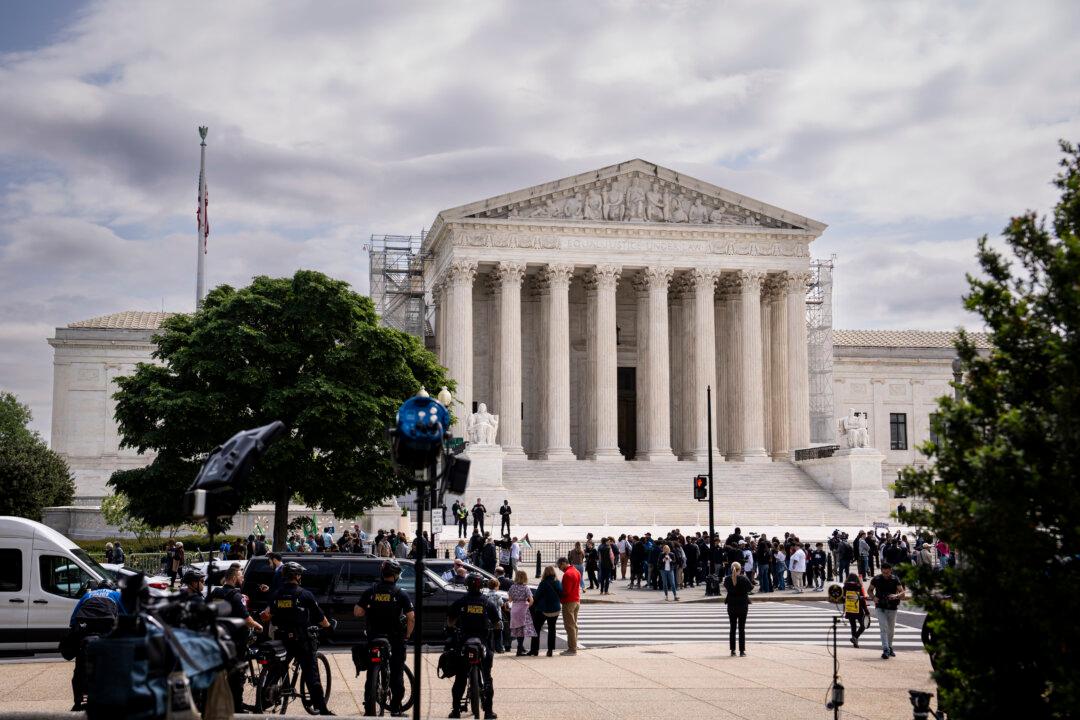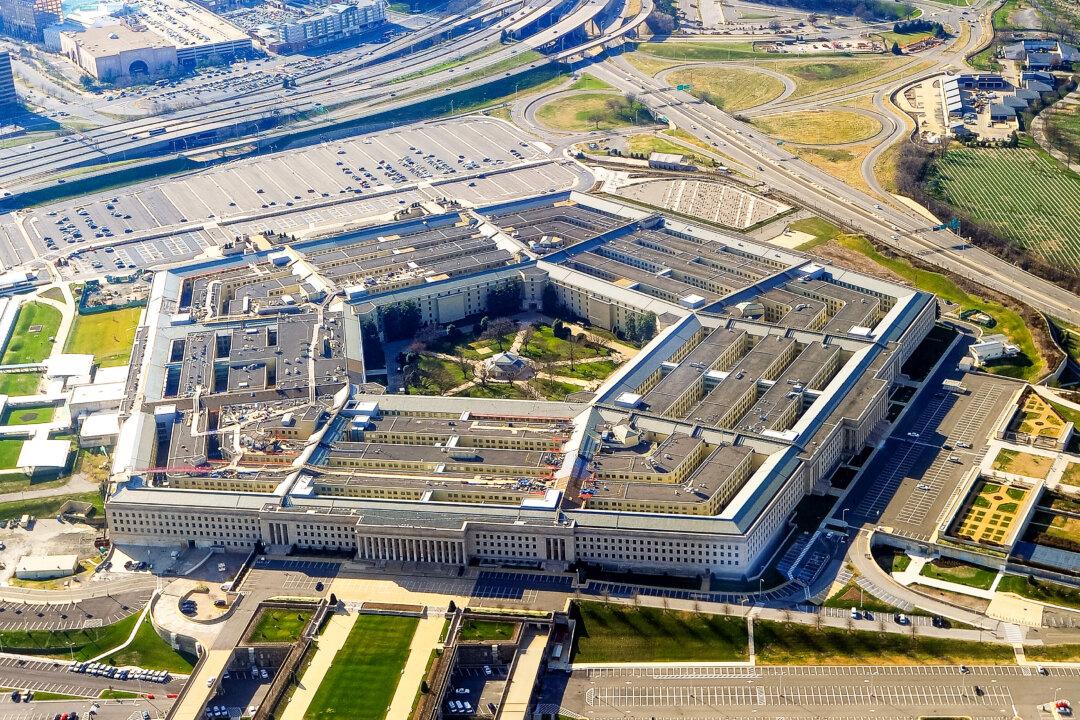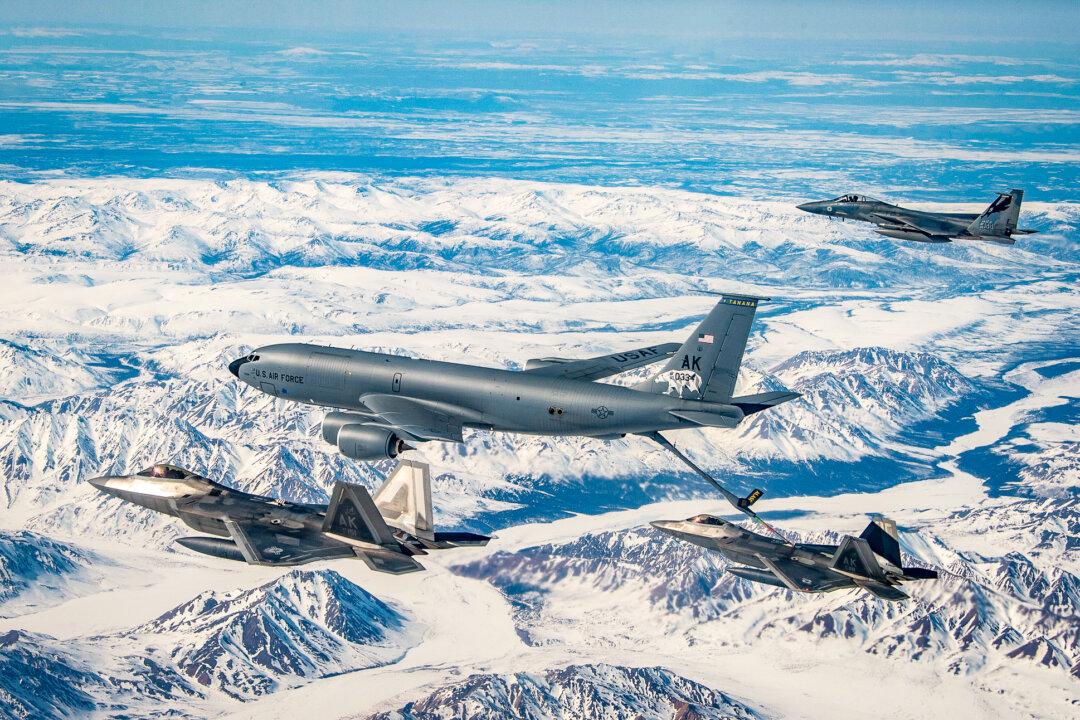Chairman of the Joint Chiefs of Staff, Gen. Mark Milley, could have jeopardized the national security of the United States in allegedly secret calls to Gen. Li Zuocheng of China’s People’s Liberation Army (PLA), according to former U.S. military officers. Milley also overstepped his own authority while allegedly discussing the launch of nuclear weapons with senior military officials, they say.
Endangering National Security
According to a new book titled, “Peril,” Milley called Li once in October 2020 and another time on Jan. 8 to assure him that the United States wouldn’t attack the Chinese Communist Party, and if it was poised to attack, he would alert his counterpart.“General Li, you and I have known each other for now five years. If we’re going to attack, I’m going to call you ahead of time. It’s not going to be a surprise,” Milley reportedly said.




